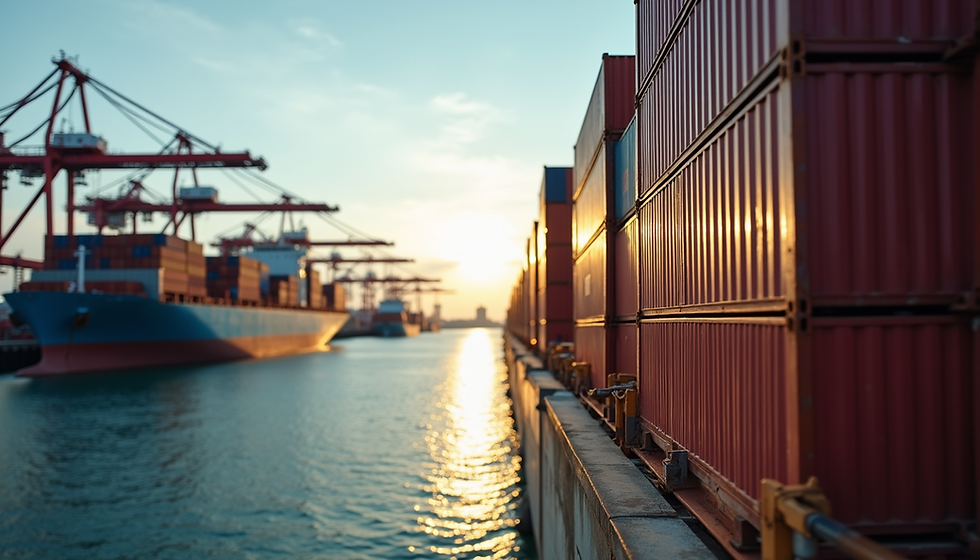Importing to China: What You Need to Know
- Michelle Schulz

- Oct 24, 2023
- 2 min read

China, a thriving global economic powerhouse, is a prime location for businesses looking to expand their horizons and tap into new markets. The potential for growth and profit is immense, as China is the world's largest consumer market. However, importing goods to China can be a complex process, especially for businesses that are new to international trade. This brief post aims to guide you through the crucial information you need to know about importing to China.
Understanding China’s Import Regulations
First and foremost, you need to familiarize yourself with China's import regulations. The country has strict rules and regulations regarding imports, and failure to comply with them can result in hefty fines, delays, or even confiscation of your goods. It's essential to understand the country's customs duties, import licenses, and documentation requirements.
Identifying Your Products HS Code
Every product that enters China needs to be classified under the Harmonized System (HS) Code. This international standard system of names and numbers is used to classify traded products, and it's crucial to get your product's HS code right, as it determines the import duties and regulations that will apply to your product.
Choosing a Reliable Freight Forwarder
Selecting a reliable freight forwarder can make your import process significantly smoother. They will handle all the logistics involved in transporting your goods from one place to another, reducing your workload and ensuring that your products reach their destination safely and promptly.
Understanding Chinese Consumers
Before you start importing, ensure you understand the Chinese consumers' needs and preferences. This is incredibly important because what sells well in your home country may not necessarily have the same appeal in China. Conducting market research can provide valuable insights into consumer behavior and popular trends in China.
Labeling and Packaging
China has specific requirements for the labeling and packaging of imported goods. Incorrect labeling or packaging can lead to your products being held at customs, causing delays and additional costs. Therefore, it's essential to ensure that your products meet all the necessary labeling and packaging requirements before they are shipped.
Inspections and Customs Clearance
Your products will need to pass through inspections and customs clearance before they can be sold in China. This process involves verifying the compliance of your goods with Chinese regulations and paying any necessary customs duties and taxes. It's crucial to be prepared for this process and have all the necessary documentation ready.
Overall, while the process of importing to China can be complex and challenging, it can also be highly rewarding. With thorough preparation and understanding of the Chinese market and its regulations, businesses can tap into the immense opportunities that China offers and achieve significant growth and success.





Comments